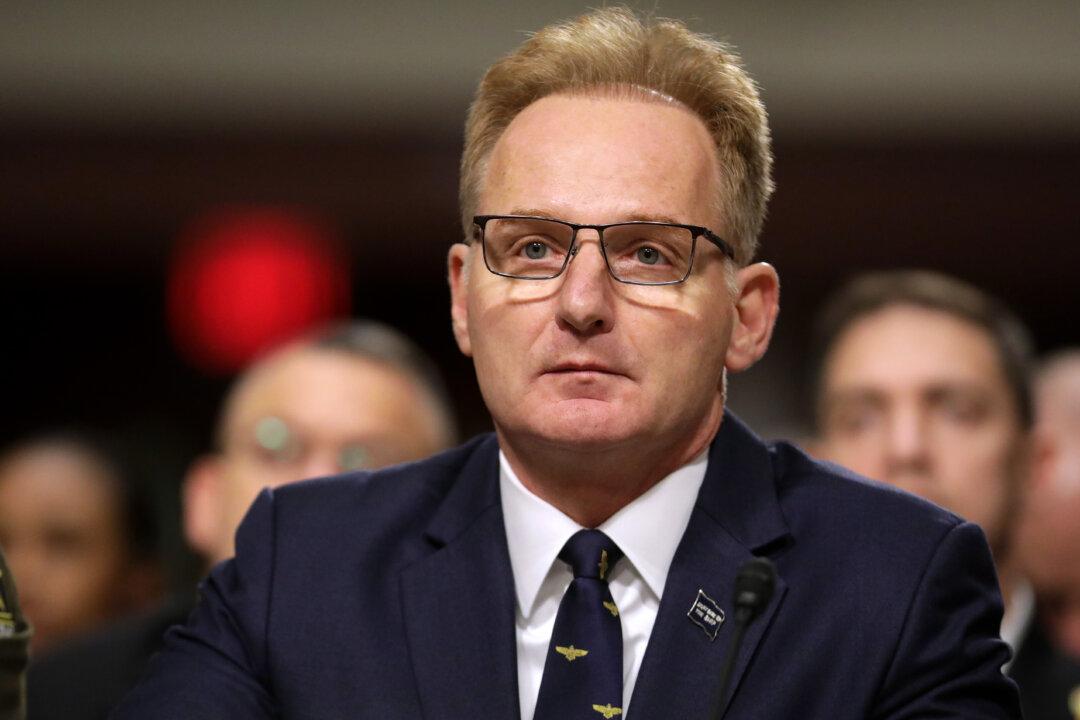U.S. Defense Secretary Mark Esper said April 7 that he’s accepted the resignation of acting Secretary of the Navy Thomas Modly and has nominated Army Undersecretary James McPherson to be Modly’s replacement.
“This morning I accepted Secretary Modly’s resignation. He resigned on his own accord, putting the Navy and the Sailors above self so that the U.S.S. Theodore Roosevelt, and the Navy, as an institution, can move forward,” Esper said in a statement, which was carried on Twitter.





